

「ようと思っています」の説明を英語・イラスト付きで説明します。
●意味:
これから何かをするという話し手の意志を表す。
Indicates the speaker's intention to do something in the future.
●日本語能力試験:
N4
●接続:
V(意向形)+と思っています
●備考:
・決心してからずっとそう思っているときに「ようと思っています」を使う。
When you have made up your mind to do something and have been thinking about it ever since you made up your mind to do it, you can use "youto omotteimasu".
・話す時点で決心したときに「ようと思います」を使う。
When the speaker has made up his or her mind at the time of speaking, use "youto omoimasu".
・「V(意向形)+と思っています」「V(辞書形/ない形)+つもりです」「V(辞書形)/Nの+予定です」の違い
(例)「国に帰ろうと思っています。」 …頭の中で考えているだけ。
(例)「国に帰るつもりです」…もう決めたこと。
(例)「国に帰る予定です。」…私だけでなく他の人も決めたこと。
●夏休みは国に帰ろうと思っています。
I think I will go back to my country for the summer vacation.
●国で友達に会おうと思っています。
I am going to meet my friends in my home country.
●高校を卒業したら大学に入ろうと思っています。
I think I will enter college after I graduate from high school.
●将来医者になろうと思っています。
I plan to become a doctor in the future.
●来月引っ越ししようと思っています。
I am planning to move next month.
●来週旅行しようと思っています。
I am planning to travel next week.
●来年うちを建てようと思っています。
I'm planning to build my house next year.
●将来日本の会社で働こうと思っています。
I am thinking of working for a Japanese company in the future.
●明日から煙草はやめようと思っています。
I'm going to quit smoking tomorrow.
●今週の週末テレビを買おうと思っています。
I'm thinking of buying a TV this weekend.
●明日先生に相談しようと思っています。
I am going to talk to the teacher tomorrow.
●将来日本に住もうと思っています。
I plan to live in Japan in the future.
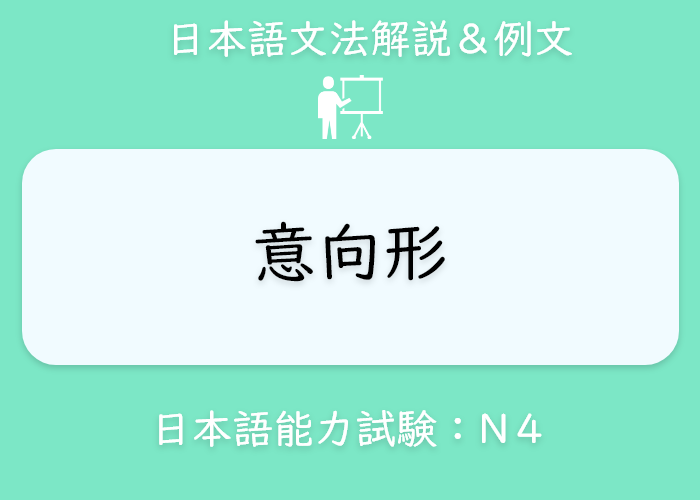
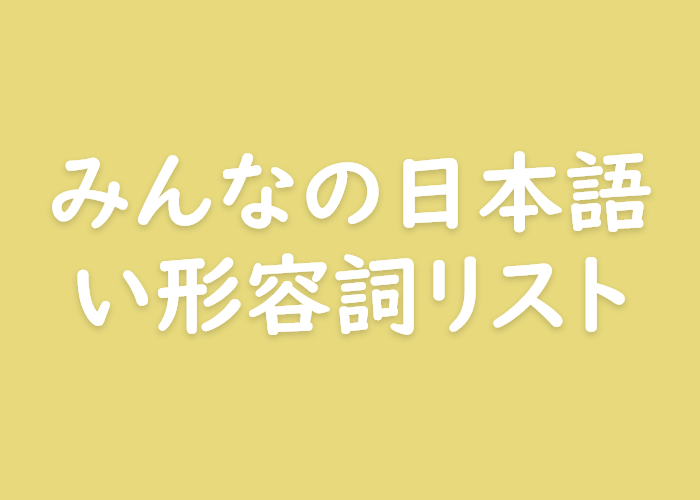
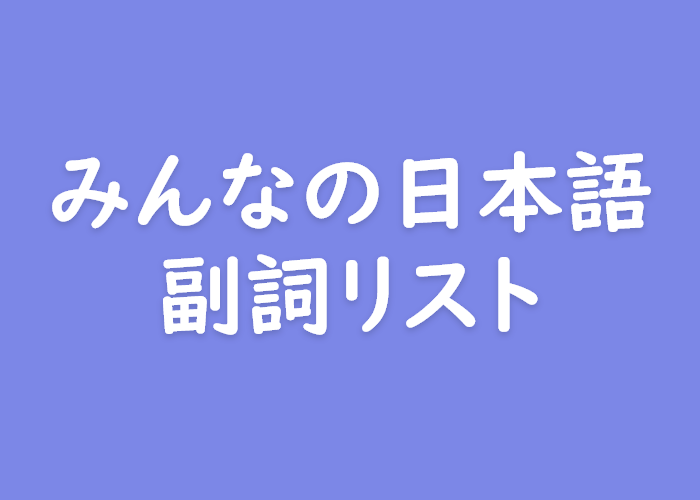
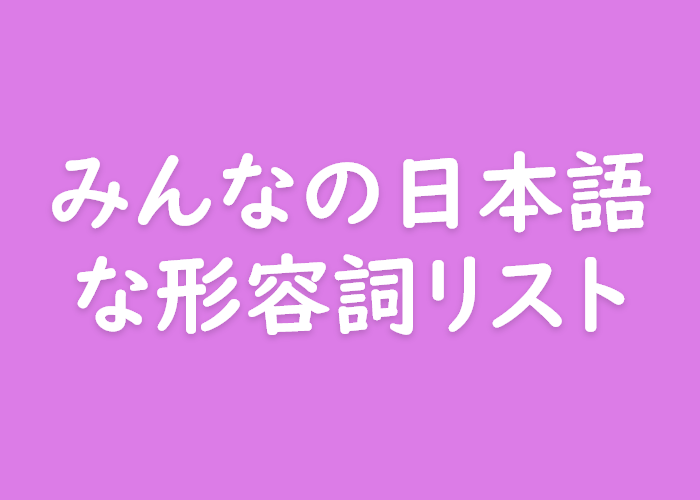
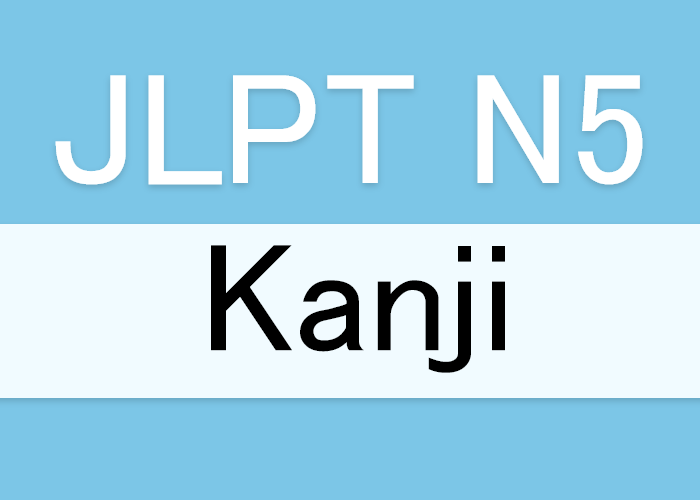
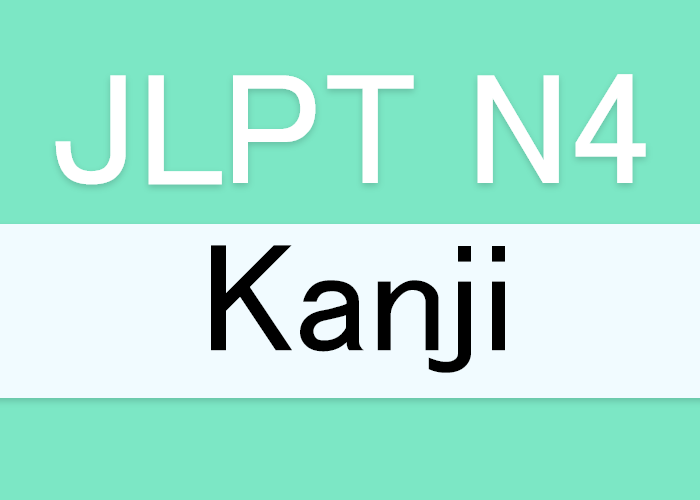
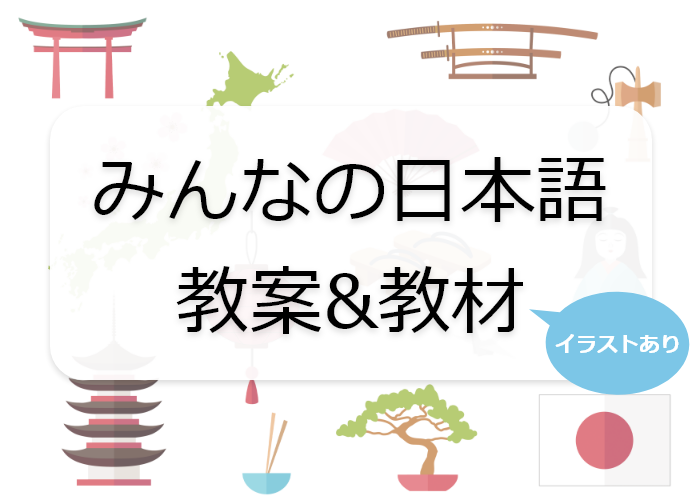

©copy right Langoal. All Rights Reserved.